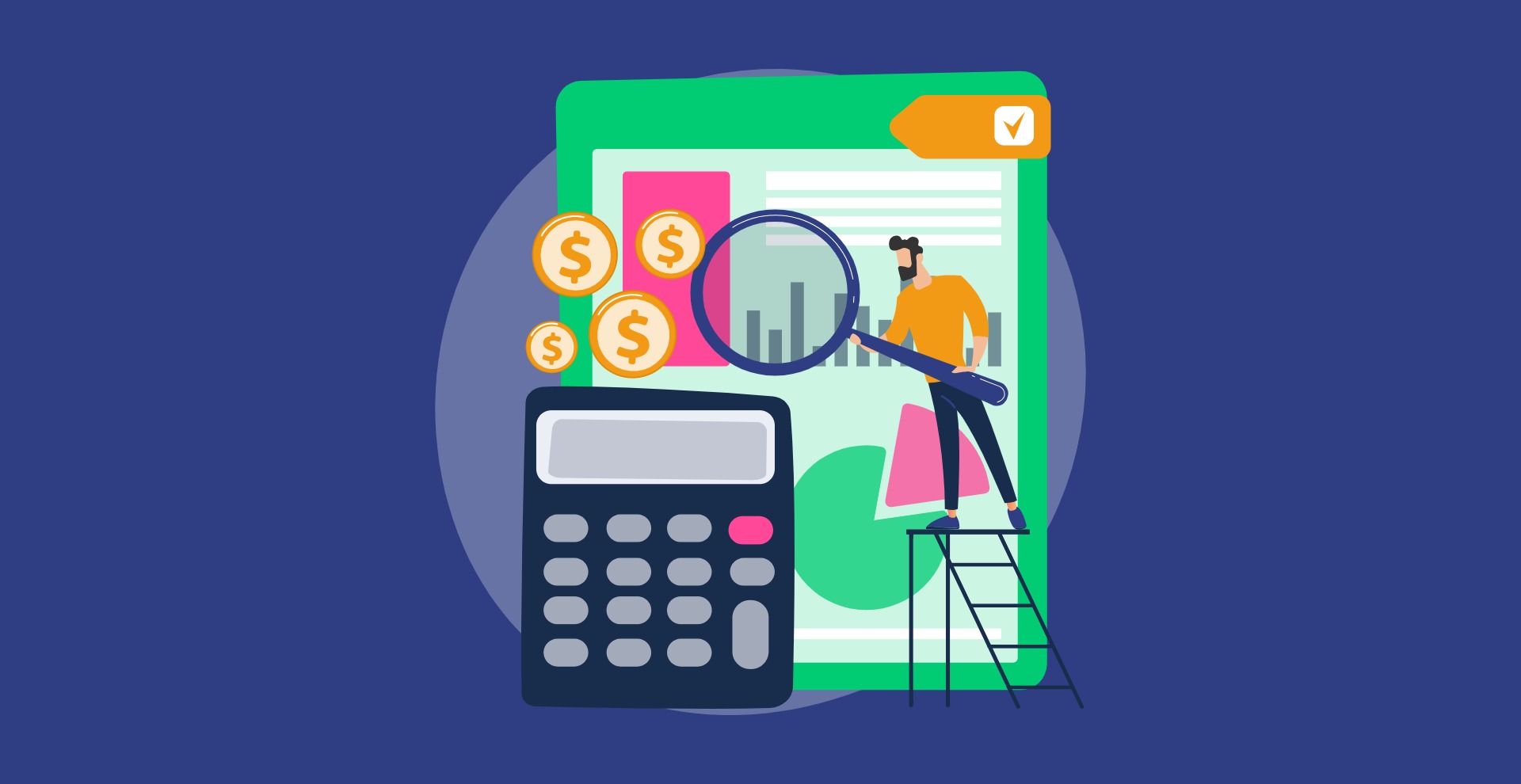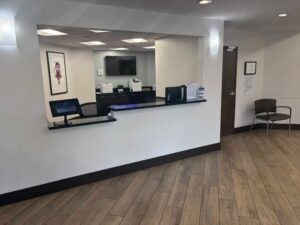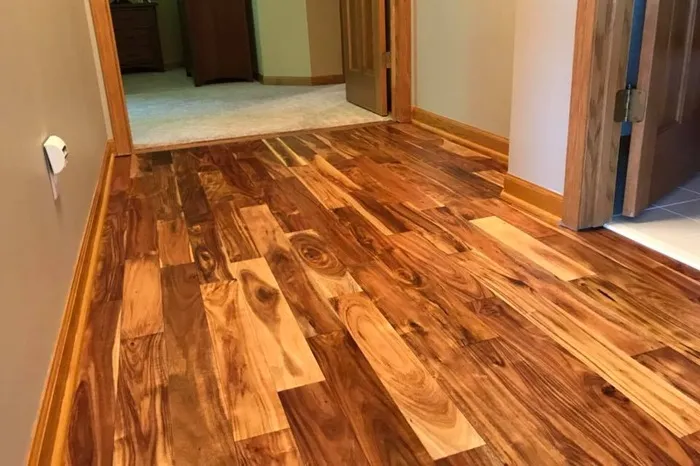How to Use a General Ledger for Rental Properties
Managing rental properties can be complex, but using a general ledger simplifies your financial oversight. By accurately tracking income and expenses, you can stay organized and make informed decisions. It’s not just about recording transactions; it’s about understanding your property’s financial health and identifying trends. With the right approach, you can enhance your credibility and prepare for tax season. So, how do you set up your ledger for success?
Understanding the Importance of a General Ledger
A general ledger is the backbone of your rental property business, providing a clear picture of your financial health. By keeping track of all your financial transactions, a general ledger for rental properties helps you monitor income and expenses effectively.
It acts as a critical tool for understanding your business’s financial dynamics, revealing trends and areas for improvement. Using general ledger software simplifies this process, automating updates and securely storing your financial information.
With a digital ledger, you can link your bank accounts for seamless transaction recording, reducing manual entry errors. Embracing a general ledger not only enhances your record-keeping but also boosts your credibility with lenders and partners, ensuring you make informed financial decisions.
Components of a General Ledger Explained
Keeping your financial records organized starts with understanding the components of a general ledger. First, you’ll need the date of each transaction to track when it occurred.
Next is the description, where you’ll note details like tenant names, unit numbers, and fees. The transaction type shows whether it’s a debit (money paid out) or a credit (money received), which is crucial for clarity.
Lastly, the balance reflects your financial position after each transaction. Tailoring these components to your specific rental business needs makes it easier to reference and analyze your financial health.
Setting Up Your General Ledger for Rental Properties
Before diving into the specifics, it’s important to establish a clear framework for your general ledger, ensuring that it meets your rental property’s unique needs.
Start by determining the key components you’ll include, such as date, description, transaction type, and balance. Next, decide whether you’ll use a manual system or opt for software to streamline your process.
If you choose software, research options that best fit your requirements, focusing on features like automated updates and secure storage. Organize your ledger by property or unit to make tracking easier.
Finally, set aside time regularly to update your ledger, keeping it accurate and reflective of your financial situation. This foundation will help you manage your rental properties effectively.
Tracking Income and Expenses Effectively
Tracking income and expenses is crucial for maintaining the financial health of your rental properties. To do this effectively, you should record every transaction in your general ledger as it happens.
Make sure to categorize income sources, like rent and additional fees, and list expenses such as repairs, utilities, and management costs. This categorization helps you spot trends and potential issues.
Regularly updating your ledger keeps you informed about your cash flow and profitability. Don’t forget to reconcile your ledger with bank statements at least monthly to catch any discrepancies.
Analyzing Financial Health With Your Ledger
While maintaining a general ledger can seem tedious, it’s essential for analyzing the financial health of your rental properties.
Your ledger allows you to track income and expenses meticulously, giving you a clear picture of profitability and cash flow. By regularly reviewing these figures, you can identify trends, such as rising maintenance costs or fluctuating rental income. This insight helps you make informed decisions, whether it’s adjusting rent or investing in property improvements.
Additionally, your ledger acts as a vital tool for preparing financial reports, which can attract potential investors or lenders. Regularly analyzing your ledger ensures you stay proactive in managing your rental business, ultimately leading to better financial outcomes.
Utilizing Software for Efficient Ledger Management
Leveraging software for your general ledger can significantly enhance how you manage financial data for your rental properties.
With dedicated accounting software, you automate your ledger management, reducing the time spent on manual entries. This means you can quickly record transactions, track income and expenses, and maintain an accurate financial overview.
Many programs offer features like bank account linking, which streamlines transaction recording and minimizes errors.
You’ll also enjoy secure online storage, ensuring that your financial information is safe and easily accessible.
Generating Financial Reports From Your General Ledger
When you generate financial reports from your general ledger, you gain valuable insights into your rental property’s performance.
These reports, such as income statements and cash flow statements, allow you to assess your profitability and track expenses over time. By regularly reviewing these documents, you can identify trends in income and expenditures, making it easier to manage your finances effectively.
Using accounting software can streamline this process, automatically compiling data from your ledger into clear, comprehensive reports.
You’ll find it easier to present this information to potential lenders or partners, showcasing your financial management skills. Ultimately, these reports empower you to make informed decisions about your rental property’s financial health.
Identifying Areas for Improvement and Growth
To identify areas for improvement and growth in your rental property business, you’ll want to analyze the data from your general ledger closely.
Start by reviewing your income and expenses to spot trends. Are there recurring high costs that could be reduced? Look into maintenance expenses. Are they inflated due to frequent repairs?
Next, compare your rental rates against market averages to ensure you’re competitive. You might find opportunities to raise rents or enhance services that attract tenants.
Additionally, evaluate your occupancy rates; higher turnover can indicate issues needing attention.
Finally, consider tenant feedback to identify areas for service improvement. This proactive approach will help you refine your strategy and boost profitability in your rental business.
Maintaining Accurate Records for Tax Purposes
Maintaining accurate records for tax purposes is crucial for any rental property owner, as it not only ensures compliance but also maximizes potential deductions.
By diligently recording all income and expenses in your general ledger, you’ll have a clear view of your financial situation come tax time. Capture every transaction, from rent payments to maintenance costs, and categorize them properly. This helps you identify deductible expenses, such as repairs and property management fees.
Additionally, keep supporting documents like receipts and invoices organized for easy access. Regularly updating your ledger won’t only streamline your tax preparation but also provide valuable insights into your property’s financial performance throughout the year.
Enhancing Business Credibility With a Well-Maintained Ledger
A well-maintained ledger not only keeps your financial records organized but also significantly boosts your business credibility.
When potential investors or lenders see a clear, accurate ledger, they’re more likely to trust your management skills. It demonstrates that you take your financial responsibilities seriously and have a solid grasp on cash flow and expenses.
Additionally, a comprehensive ledger allows you to present precise financial statements, which can be crucial during audits or when applying for loans.
By showcasing your financial health through a detailed ledger, you enhance your reputation and set yourself apart from competitors.
Ultimately, a reliable ledger is a powerful tool that builds trust and fosters strong business relationships.
Conclusion
Using a general ledger for your rental properties is crucial for effective financial management. By keeping track of income and expenses, you not only gain insights into your property’s performance but also enhance your credibility with stakeholders. Regularly updating your ledger helps you identify trends and areas for improvement, ensuring you stay on top of your finances. So, take the time to set up and maintain your ledger, and it willpay off in the long run!






